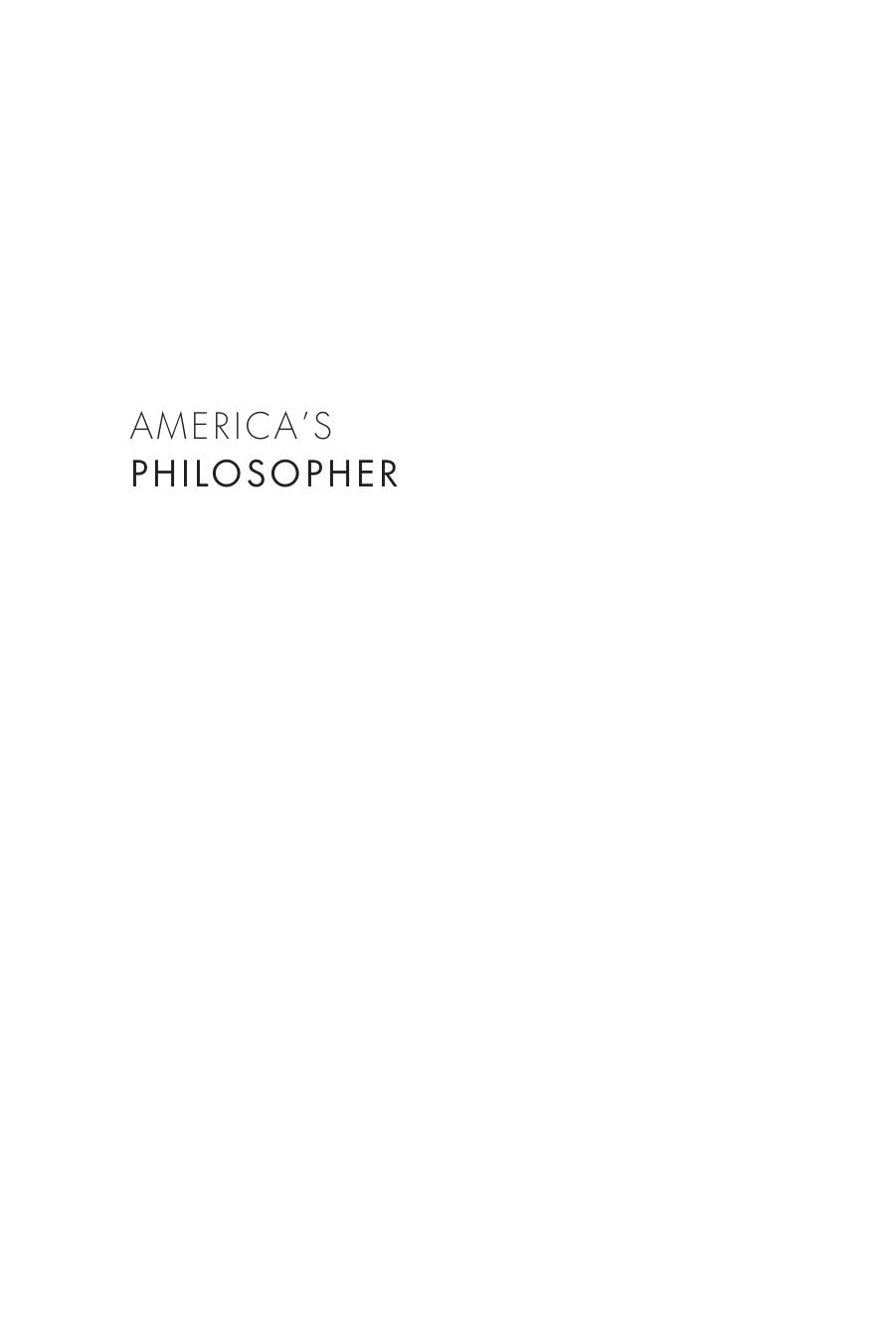America's Philosopher: John Locke in American Intellectual Life by Claire Rydell Arcenas

Author:Claire Rydell Arcenas [Arcenas, Claire Rydell]
Language: eng
Format: epub, pdf
Tags: PHI000000 PHILOSOPHY / General, PHI019000 PHILOSOPHY / Political, PHI016000 PHILOSOPHY / History & Surveys / Modern, HIS036000 HISTORY / United States / General
Publisher: University of Chicago Press
Published: 2022-07-02T00:00:00+00:00
7
Lockean â-ismsâ
ââLocke the liberal,ââ wrote Leo Strauss in 1960 to his friend and fellow political philosopher Willmoore Kendall, âis the chief or perhaps the sole idol in the temple of liberalism and whoever questions that idol is guilty of what the liberals themselves call âunorthodoxy.ââ1 Straussâs aggrieved words capture the essence of Lockeâs place in 1960s America. To question âLocke the liberalâ was akin to questioning a deity. But some, like Strauss and Kendall, would have none of it. In the decades following World War II, this cantankerous duo emerged to challenge the ever-growing âliberal consensusâ interpretation of Locke and refute what they saw as a liberal myth of Lockeâs magnificence.2 They questioned whether Locke should be heralded as a defender of natural or individual rights and whether his rendering of such rights should be celebrated at all. In a broader culture enamored of the liberal Locke, they offered an alternative perspective that differed markedly in its evaluation of Locke himself, his political philosophy, and his supposed importance for both the discipline of political science and American culture as a whole.
From the countryâs intellectual and political right, Kendall and Strauss (sometimes joined by others, such as historian Russell Kirk) mounted a sustained challenge to a liberal worldview they abhorred and thought was still too soft on communism.3 They sought to dismantle the Lockean genealogy they saw being assembled before their very eyes to uphold that worldview. In the echo chamber of the liberal consensusââthe prevailing climate,â as Strauss called itâhis and Kendallâs thinking confronted serious obstacles.4 They faced the rise of behavioral, quantitative political science increasingly resistant to political theory in general.5 And they faced the intense, active, and largely successful construction of Locke as the âidol,â to use Straussâs word, of the liberal political consensus that had come to undergird the American Political Tradition. âThe Lockeans in America,â Kendall proclaimed in 1963, âare the Liberals; and the Conservatives, who disagree with the Liberals . . . in all the crucial points, must learn to understand themselves as the anti-Lockeans.â6
To a large degree, they were unsuccessful in surmounting those obstacles. Their biting critique of behaviorialism failed, for the most part, to persuade their colleagues in political science departments. And not all conservatives saw themselves as anti-Lockeans. Far from it. Even as schools of âStraussianâ political philosophy were taking off in the 1970s, a very different set of conservative political thinkersâlibertariansâfound a new purpose for Locke, yoking him (and the adjective âLockeanâ) to an ideology of libertarianism.7 With the publication of Anarchy, State, and Utopia in 1974, Harvard philosopher Robert Nozick played the starring role in this story. In part a response to his liberal colleague John Rawlsâs powerful defense of egalitarianism and a robust welfare state in A Theory of Justice (1971), Nozickâs arguments in favor of a minimal state, which relied heavily on the Second Treatise, cemented Locke as a pillar of libertarian thinking in the United States. Nozickâs work ushered in the rise of âLockean libertarianism,â a more
Download
America's Philosopher: John Locke in American Intellectual Life by Claire Rydell Arcenas.pdf
This site does not store any files on its server. We only index and link to content provided by other sites. Please contact the content providers to delete copyright contents if any and email us, we'll remove relevant links or contents immediately.
american english file 1 student book 3rd edition by Unknown(609)
Phoenicians among Others: Why Migrants Mattered in the Ancient Mediterranean by Denise Demetriou(608)
Verus Israel: Study of the Relations Between Christians and Jews in the Roman Empire, AD 135-425 by Marcel Simon(595)
Caesar Rules: The Emperor in the Changing Roman World (c. 50 BC â AD 565) by Olivier Hekster(580)
Basic japanese A grammar and workbook by Unknown(575)
Europe, Strategy and Armed Forces by Sven Biscop Jo Coelmont(520)
Give Me Liberty, Seventh Edition by Foner Eric & DuVal Kathleen & McGirr Lisa(497)
Banned in the U.S.A. : A Reference Guide to Book Censorship in Schools and Public Libraries by Herbert N. Foerstel(492)
The Roman World 44 BC-AD 180 by Martin Goodman(478)
Reading Colonial Japan by Mason Michele;Lee Helen;(469)
DS001-THE MAN OF BRONZE by J.R.A(462)
The Dangerous Life and Ideas of Diogenes the Cynic by Jean-Manuel Roubineau(456)
Introducing Christian Ethics by Samuel Wells and Ben Quash with Rebekah Eklund(456)
Imperial Rome AD 193 - 284 by Ando Clifford(454)
The Oxford History of World War II by Richard Overy(454)
Catiline by Henrik Ibsen--Delphi Classics (Illustrated) by Henrik Ibsen(427)
Language Hacking Mandarin by Benny Lewis & Dr. Licheng Gu(411)
Literary Mathematics by Michael Gavin;(407)
Brand by Henrik Ibsen--Delphi Classics (Illustrated) by Henrik Ibsen(390)
